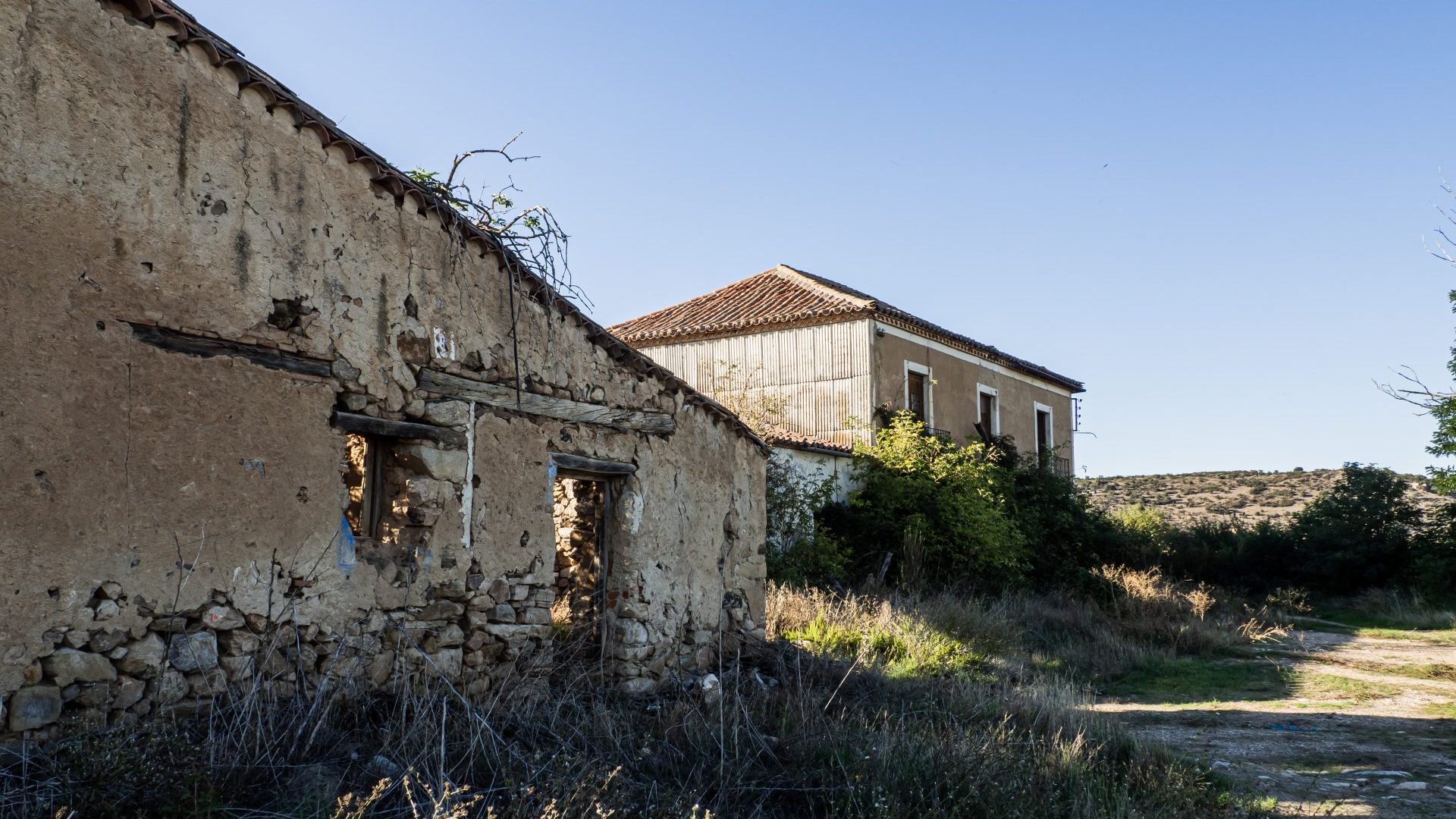Walking in the paved streets of Gamla Stan, the ancient centre of Stockholm full of tiny cafes crowded with tourists, it is hard to imagine a more welcoming scene. And yet Sweden is experiencing an epidemic of gang violence – in September alone, 19 people were killed across the country. It seems that a gang feud is getting out of hand.
The idea that Sweden, where I live, could be a dangerous place, seems absurd. I have no concerns about being a solo female traveller here, even when heading up to Kiruna in the wild far north of Swedish Lapland to live in a wooden cabin and see the Northern lights. And yet the shootings are now part of the daily news.
The prime minister, Ulf Kristersson, has reassured the public the gangs will be hunted down and put on trial. “If they are Swedish citizens they will be locked up for a long time in prison, and if they are foreign citizens they will also be expelled,” he said.
A worrying strand that has developed in the narrative about these crimes is that somehow they are “not Swedish”. Certainly, Scandinavia – and Sweden in particular – has a very low homicide rate, but it raises the worrying question: if this outbreak of violence is not Swedish, then what is it? And so the discussion turns to immigration. That link between violence and immigrants gives an alarming sense of what the social impact of these shootings might be. The Swedish Democrats, the extreme right wing party, are already in power, and the fearmongering that has attached to the shootings will only play into their hands.
I was talking to a friend about this, a student studying in Sweden. “I hope they will not say it’s the immigrants that are influencing these changes,” they said. The government “should take responsibility and stop blame games.”
Where does all this violence come from? Passing by the 12th-century Kalmar Castle in Småland, where the Kalmar Union of Denmark, Noway and Sweden was signed in the 14th century, I texted a friend to ask what he thought.
Akon Baker is a political scientist, and also a journalist. He tells me that migration has indeed played a role in these shootings. “It is widely recognised that those who are exposed to violence throughout their formative years have an increased propensity to develop into extremist individuals,” he says.
“Not all individuals involved are malevolent, but it is evident that there is a discernible pattern aligning with the trajectory of the migration phenomenon over the past eight years.”
Sitting on the beach looking out at the Baltic Sea, I wonder whether Baker is right, and if he is, what the consequences of that might be for Sweden and its politics. It’s hard to imagine this calm, beautiful place as being in the grip of a crime wave.
In late September, a bomb exploded in Uppsala, killing a young woman and destroying five houses. The prime minister appeared on television shortly afterwards. The cause of the violence, he said, was “unsuccessful integration”. The political weather here looks set to darken.



